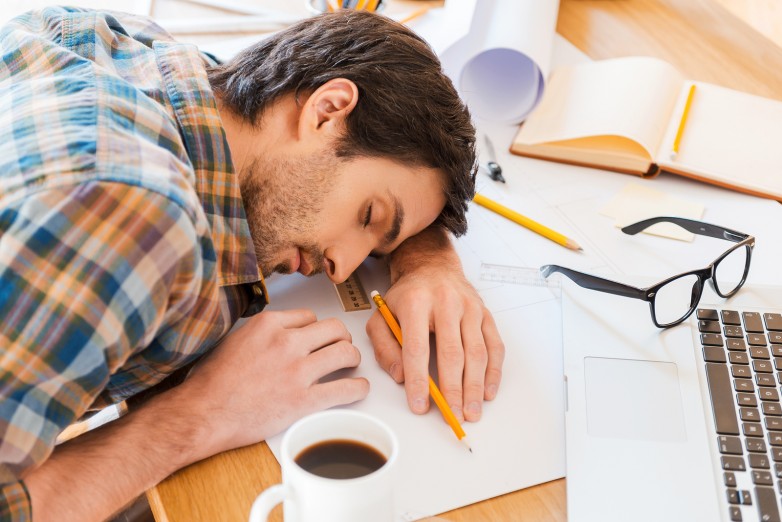By Dr. Don Fisher
Sleep quality is generally considered a key anti-aging essential, allowing the brain and body to perform tasks to help optimize its performance.
Claire E. Sexton, from the University of Oxford (United Kingdom), and colleagues enrolled 147 adults, ages 20 to 84 years, in a study to examine the link between sleep difficulties, such as having trouble falling asleep or staying asleep at night, and brain volume.
All participants underwent two MRI brain scans, an average of 3.5 years apart, before completing a questionnaire about their sleep habits. A total of 35% of the participants met the criteria for poor sleep quality, scoring an average of 8.5 out of 21 points on the sleep assessment.
The study found that sleep difficulties were linked with a more rapid decline in brain volume over the course of the study in widespread brain regions, including within frontal, temporal and parietal areas. The results were more pronounced in people over 60 years old. Observing that: “We found that longitudinal measures of cortical atrophy were widely correlated with sleep quality,” the study authors submit that: “Poor sleep quality may be a cause or a consequence of brain atrophy.”
I want patients to report to me that with optimal hormones they get 7-9 hours of sleep and wake up feeling rested. Lack of sleep raises cortisol levels and now we know it shrinks your brain — that can’t be good.
Dr. Don Fisher is an anti-aging specialist and the medical director of The Best Program in Fort Lauderdale.







